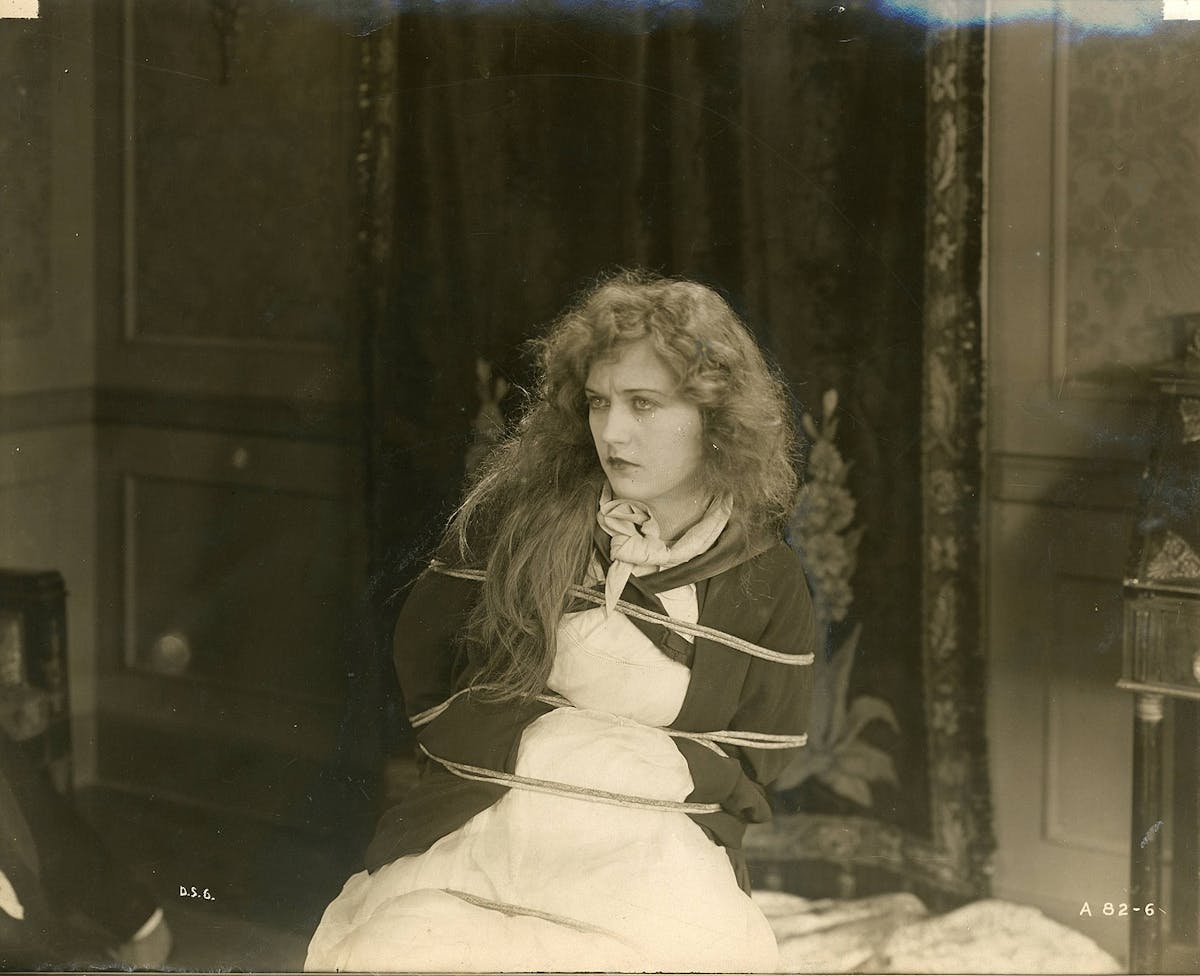
Thousands Of Venezuelan Women Remain Trapped In Colombia’s Sex Trade Following Maduro’s Capture
By HOLLIE McKAY
|The actresses discussed here share a certain dignity and, as Margaret Dumont’s biographers put it, ‘a memorable vulnerability and eternally renewable faith in the chance of sanity in a lunatic world.’

Already have a subscription? Sign in to continue reading

By HOLLIE McKAY
|
By ELYSA GARDNER
|
By HOLLIE McKAY
|$0.01/day for 60 days
Cancel anytime
By continuing you agree to our Privacy Policy and Terms of Service.